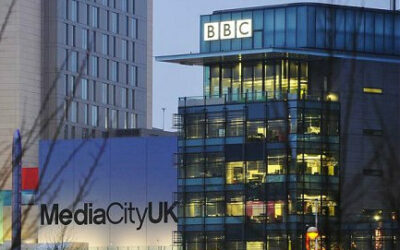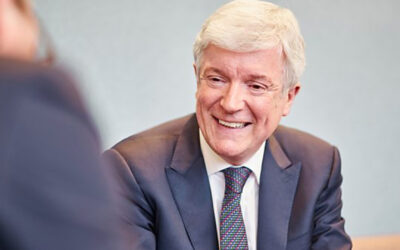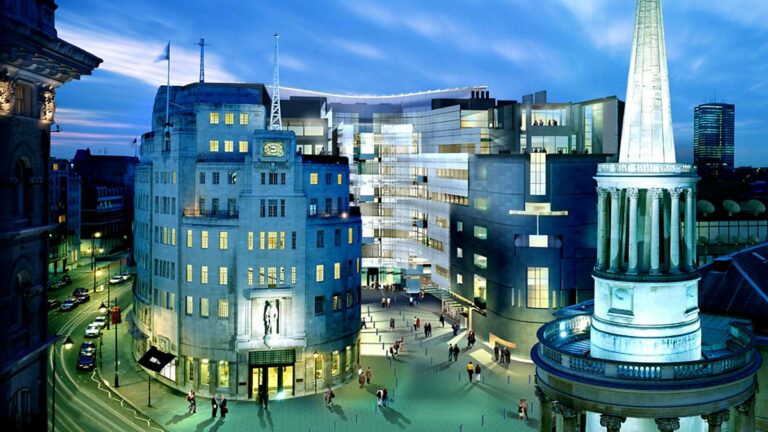Culture Secretary Nicky Morgan is to launch a public consultation on whether failure to pay the TV licence fee should be decriminalised.
Anyone who watches or records live TV or uses iPlayer without a TV licence is currently guilty of a criminal offence and can go to prison. Baroness Morgan said it was time to think about keeping the fee “relevant” in a “changing media landscape”.
The BBC said in a 2015 review that the current system was the fairest and claims decriminalisation would cost it £200m a year.
The consultation will last eight weeks and end with the government publishing a response in the summer. Decriminalisation would mean non-payment becoming a civil offence similar to non-payment of council tax or an electricity bill.
Ahead of a speech today, Baroness Morgan said many people thought it wrong that “you can be imprisoned for not paying the TV licence and its enforcement punishes the vulnerable”.
“We are launching a public consultation to make sure we have a fair and proportionate approach to licence fee penalties and payments, that protects those most in need in society,” she added.
The Culture Secretary is also to announce a new flexible payment scheme, called the Simple Payment Plan, to help those struggling to pay, including the over-75s. It will allow people to spread the cost of the licence fee out into a number of manageable instalments.
“This will help prepare the BBC and public service broadcasting for the future and make sure it continues to work for our society, our economy, and the public which funds it,” she said.
Confirmation of the consultation comes two days after it was announced the fee is to increase by £3, from £154.50 to £157.50, from 1 April 2020. It also follows the controversy last year over the decision to scrap free licences for some over-75s.
From June, only over-75s who are claiming pension credit will be eligible to a free licence. In a statement, the BBC said “a detailed government-commissioned review (in 2015) found the current system to be the fairest and most effective”.
“It did not recommend change – in part because the current system is effective in ensuring payment with very few people ever going to prison.
“If there are changes, they must be fair to law abiding licence fee payers and delivered in a way that doesn’t fundamentally undermine the BBC’s ability to deliver the services they love.”
Morgan said the world in which the BBC and licence fee were set up “has changed beyond all recognition”. She added: “The pace of change is fast and it is only going to get faster.
“The broadcasters that don’t remain relevant will find themselves left behind by the viewers. Public service broadcasting is too important to allow it to become a relic like Blockbuster.”











